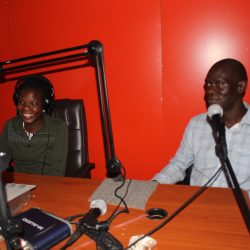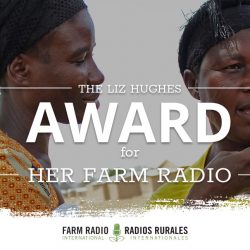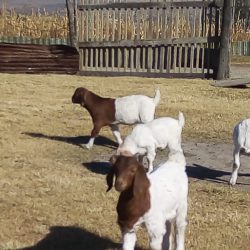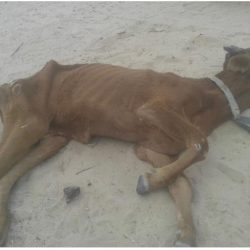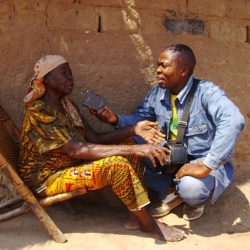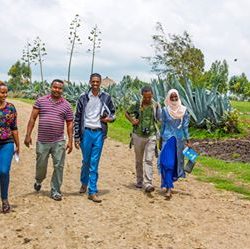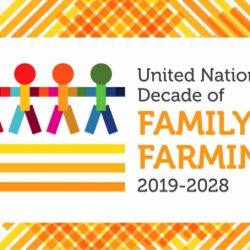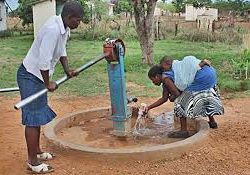BCU airs their first cooperative radio
In Eastern Uganda’s Bugisu sub region, literacy remains a substantial barrier to development. Here, radio can reach a large number of poor people because it is affordable and uses little electricity. This is why Bugisu Cooperative Union (BCU) turned to radio. BCU is a Ugandan agricultural cooperative federation established in July 1954. Based in Mbale town, Eastern Uganda, the Cooperative Union was started by a group of coffee farmers led

